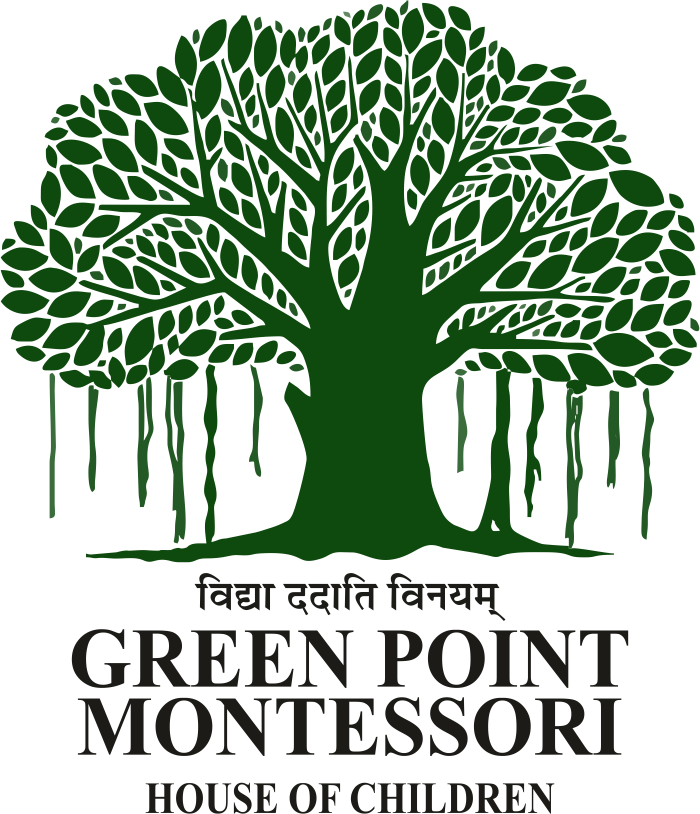Our Curriculum
SCHOOL CURRICULUM


TEACHING METHODOLOGY/ EFFECTIVE INNOVATIVE TEACHING
The biggest challenge any teacher faces is capturing the students’ attention and putting across ideas in such a way that it stays with them long after they have left the classroom. For this to happen effective innovative ideas are implemented for better classroom experiences. Teachers reinvent their teaching methods and make their classes interesting. We take 5 projects per year that is the base of our curriculum. We keep on introducing new projects taking along the previous ones. Listed below are some of the strategies we follow.
CREATIVE TEACHING
CREATIVE TEACHING-Taking the help of creative tools to stimulate creativity, we include playful games or visual exercises that excite the young minds and capture their interest. Also, this encourages them to come up with their ideas and gives them the freedom to explore.


E-LEARNING
E-LEARNING- We in-cooperate e-learning in our sessions with power point presentations, movies, pictorial materials and audio-visual tools that help their imagination thrive and grow and understand the concepts better.
BRAINSTORMING
BRAINSTORMING- These sessions are a great way to get the creative juices flowing with multiple brains focusing on one single idea to get numerous ideas involving everyone into discussions.


REAL WORLD LEARNING
REAL WORLD LEARNING– We link our lessons to real world learning infusing real world experiences. Relating and demonstrating to real life situations makes material easy to understand and learn. It sparks their interests and makes the sessions all the more interesting.
CLASSES OUTSIDE THE CLASSROOM
CLASSES OUTSIDE THE CLASSROOM- Some lessons are best learnt, when they are taught outside the classroom in the lap of nature. Children find it fresh and exciting and the learning remains forever with them.


ROLE PLAY
ROLE PLAY- Teaching through role play, story dramatisation, dance, music, rhymes are a great way to make children step out of their comfort zone and develop their inter personal skills.
SUBJECT INTEGRATION
SUBJECT INTEGRATION- Our curriculum is structured to nourish the whole being-the mind, heart and body. So all the activities are creatively balanced with the subjects to bring about the best learning.

ASSESSMENT OF LEARNING
It involves working with range of available evidences throughout the process of activities that enables the teacher to check the child’s performance and keep the track of one’s progress, identify the learning gaps, their strengths and weaknesses, anecdotes and help them overcome using various remedial strategies.
English, Hindi, Mathematics, Science, Social Science, Computer Education, an optional language (Sanskrit) and General Knowledge.
English, Hindi, Mathematics, Science, Social Science, Computer Education, an optional language (Sanskrit) and General Knowledge.
Assessment-Evaluations are conducted according to uniform system of assessment guidelines by CBSE. Assessment will be indicated in grades according to an eight point grading scale for scholastic area and a three point grading scale for co-scholastic areas.
Scholastic Assessment (Subjective)-The assessment structure and examination for classes I to VIII comprises of two terms Term-1 and Term-2
Co-Scholastic Assessment–
Students will be assessed term-wise on a 3-point grading scale (A=Outstanding, B=Very Good and C=Fair).
The aspect of regularity, sincere participation, output and teamwork is the generic criteria for grading in the following co-scholastic activities:
(a) Work Education – Work Education refers to skill-based activities resulting in goods or services useful to the community
(b) Art Education (Visual & Performing Art)
(c) Health and Physical Education (Sports/Martial Arts/Yoga etc.)
Aims and objectives:
- “Nurturing Life-skills and values”
- “Integration” between knowledge and application along with the tradition.
- “Upholding Constitutional values and principles”
- “A global perspective” keeping pace with the 21st century skills and the global trends, enhance learner’s ability to stay interconnected and transform yourself to take individual responsibility, becoming better citizen, future kids witch technology and a respect towards environment.
- “Lifelong learning” to lead to active exploration, problem solving, and the use information and languages to lead to social transformation. Knowledge that will ever remain with children and help them in future endeavours.

Lesson/ Unit Plans:
- Specific learning outcomes.
- Unit/topic learning contexts
- Pedagogical strategies
- Flow of lesson/unit (including activities/ experiments/hands-on-learning)
- Formative assessment tasks
The School Curriculum Plan (Syllabus) will include:
●Pedagogical goals of the school for the session
● Subject focused pedagogical objectives
● Mapping of units with pedagogical objectives
● Resources/activities to achieve the unit wise pedagogical objectives
● Pedagogical outcomes
● Assessment directives
Lesson/ Unit Plans:
- Specific learning outcomes.
- Unit/topic learning contexts
- Pedagogical strategies
- Flow of lesson/unit (including activities/ experiments/hands-on-learning)
- Formative assessment tasks
- Remedial teaching plan
- Interdisciplinary Linkages
- Infusion of Core (Life-skills, Values, Gender sensitivity etc.)
- Resources
- All this is to facilitate spiritual, ethical, social, growth, and development.
- To enhance learners innate potential for holistic development.
